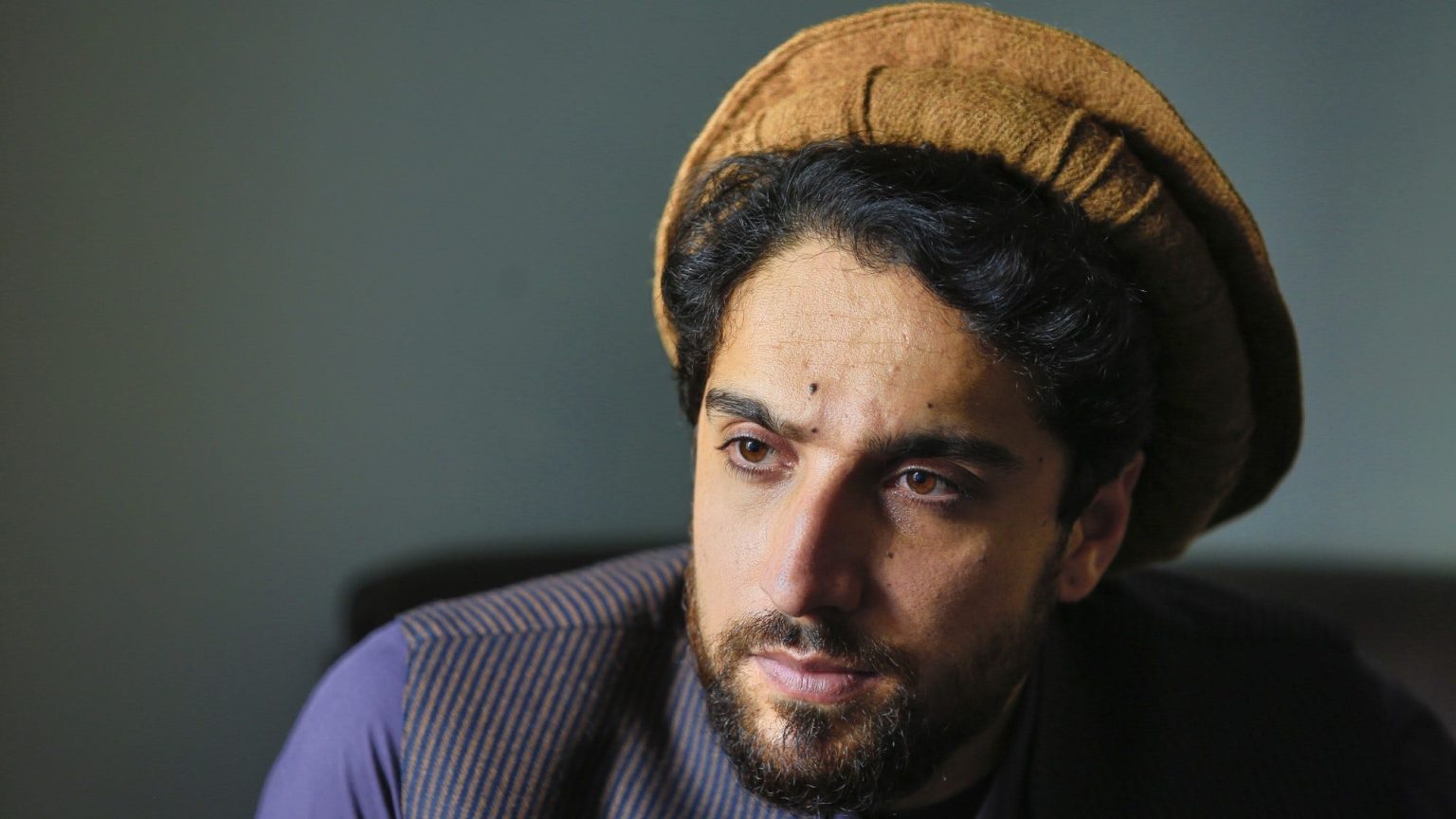Former military personnel, including a retired Recon Marine, a former Navy SEAL, and an ex-Pentagon chief, are urging Congress to hear from Afghan resistance leader Ahmad Massoud and to stop financially supporting the Taliban government. Massoud, leader of the National Resistance Front (NRF), returned to the Panjshir Valley in northern Afghanistan after the U.S. withdrawal, where he was eventually forced to flee to neighboring Tajikistan. He is recognized as the de facto opposition figure-in-exile, leading allies left behind by the U.S. government.
Chad Robichaux, who participated in civilian rescue operations in Afghanistan, including evacuating his former interpreter from the Taliban, stated that the U.S. has essentially abandoned its allies by allowing the Taliban to return to power. Reports suggest that U.S. taxpayer funds have been funneled to the Taliban, potentially aiding terrorist activities. Massoud, the son of the late anti-Soviet leader who fought the Taliban alongside the West, warns of a pending attack on the United States facilitated by U.S. funding of the Taliban.
Massoud has allegedly been subjected to a U.S. blacklist, making it crucial for congressional leaders to visit him in the Middle East. He criticizes the international community for appeasing the Taliban, allowing them to expand their influence and network of terror organizations. Massoud calls for support for a legitimate and democratic government elected by the Afghan people, urging a more realistic policy to prevent a global security crisis and promote peace.
A petition authored by former Navy SEAL and podcast host Shawn Ryan calls for Congress to hear Massoud’s testimony to better understand the situation in Afghanistan and redirect financial support to the NRF. Retired Defense Secretary Christopher Miller estimates that about $87 million in U.S. taxpayer dollars per week is ending up in Taliban hands, calling it criminal negligence given their history of violence against U.S. troops. Massoud’s insights could provide valuable information for congressional decision-making and help prevent funds from falling into the hands of terrorists.
Former President Trump is seen as a potential solution to stop U.S. funds from supporting the Taliban, with confidence that he would prioritize national security interests over appeasement of malign regimes. House lawmakers, including Rep. Eli Crane, believe that Massoud’s testimony could shed light on the chaos in Afghanistan exacerbated by the current administration. Massoud himself emphasizes the need for a more effective policy that benefits the Afghan people and prevents a global security crisis, calling for support from the international community for a legitimate and democratic government in Afghanistan.


